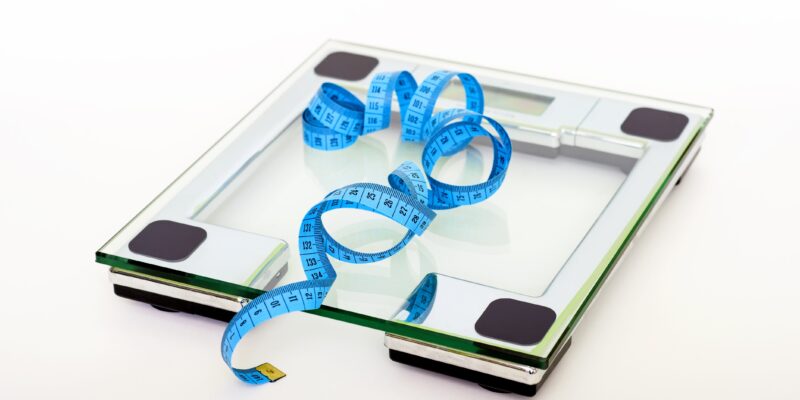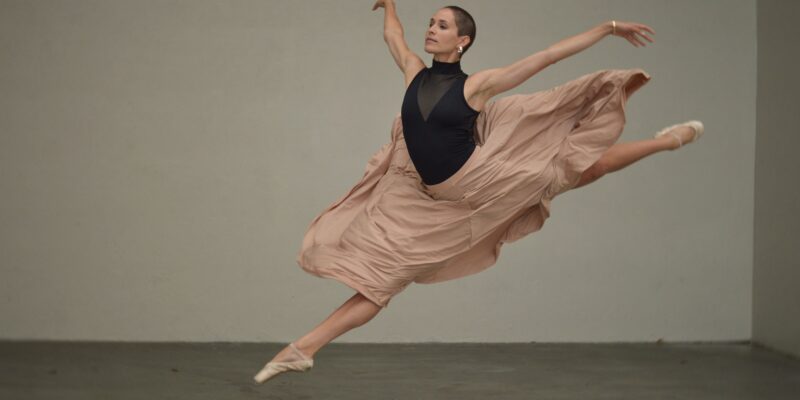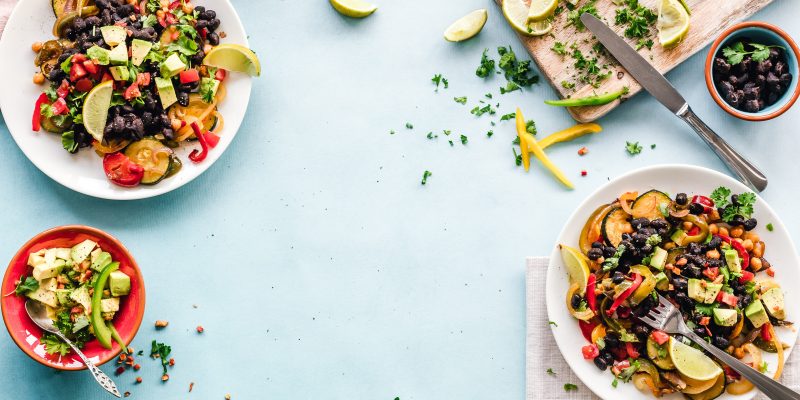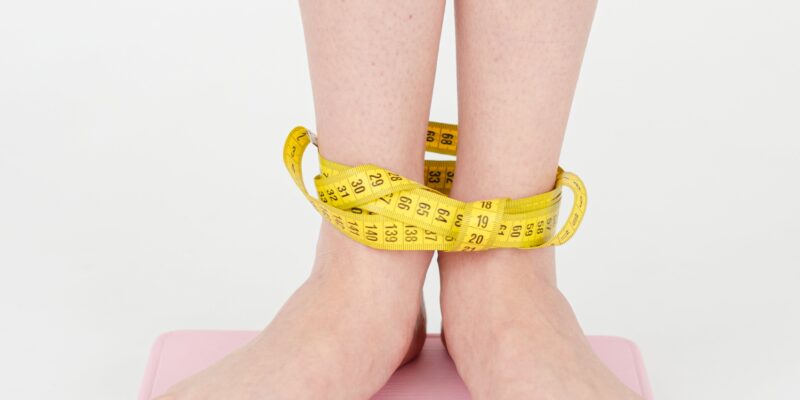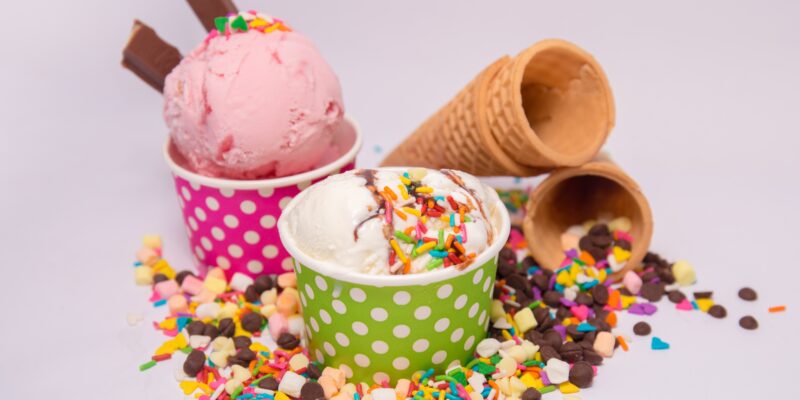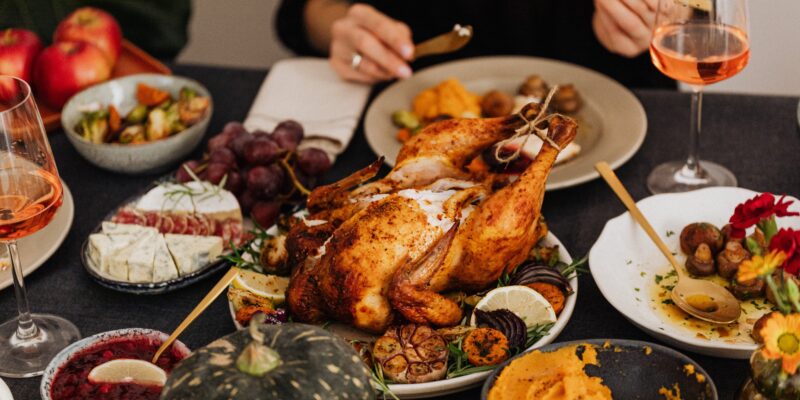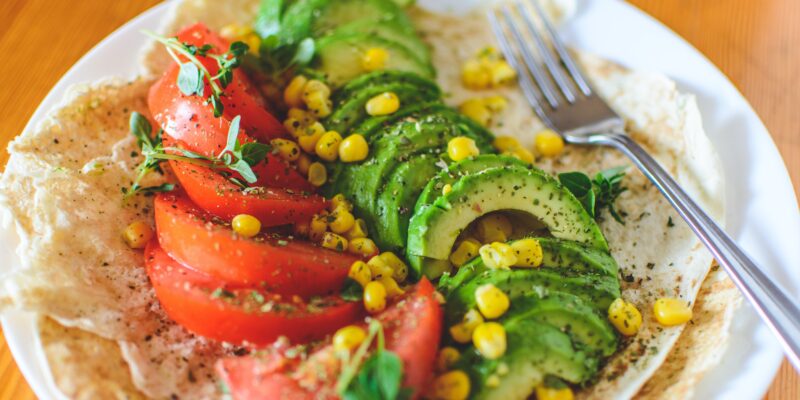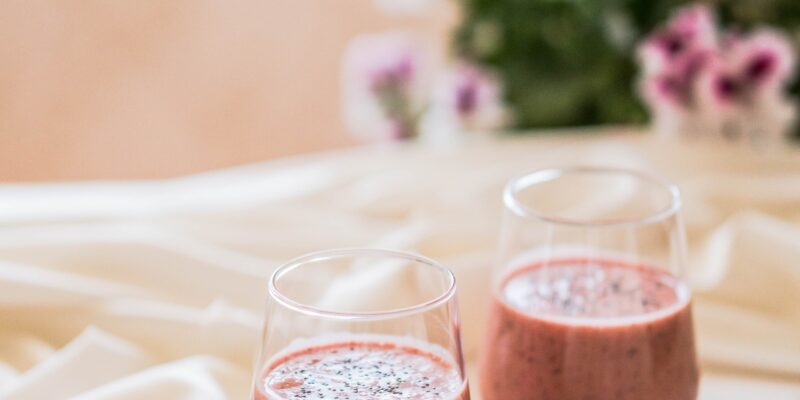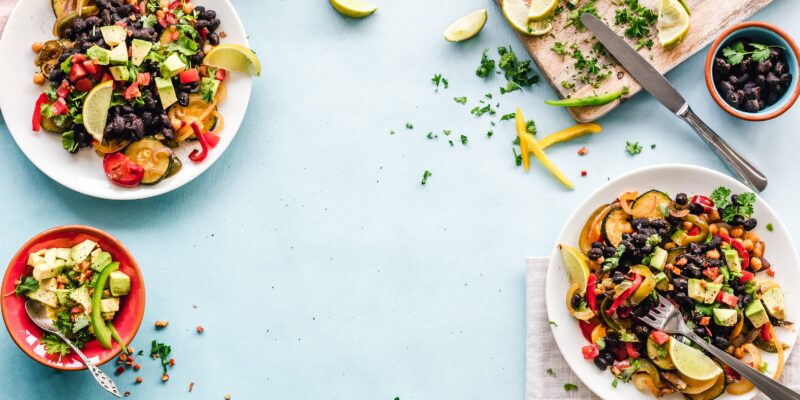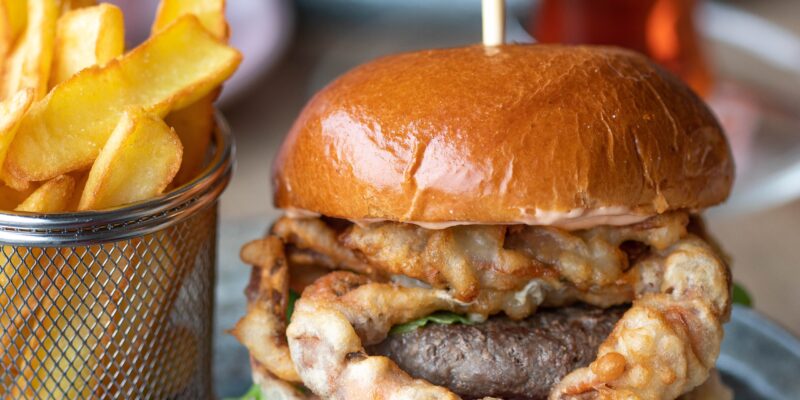For dancers, a presumed “ideal body” formulates what many know to be the “aesthetic” of ballet. It often ignores what is healthy, and rather, embodies a cluster of privileges surrounding diet and weight— those rooted in white elitism. It has taken me years to find peace and neutrality with my body, let alone continue to dance with it. So when I hear from dancers who continue to experience weight stigma, “fat” talks, and comments in the studio, alarm bells sound. In this blog post, we’ll explore the impact of weight comments in the studio and on social media, and provide practical strategies to navigate these challenges.
Read More...Weight Loss for Dancers
A dancer’s desire to lose weight is the reality of an industry saturated with aesthetic ideals. But here’s the deal: as a clinician, it’s my ethical duty to educate dancers about the hard facts of not only dieting, but also, systemic fatphobia. Therefore, weight loss isn’t a priority for The Healthy Dancer®. Now, despite weight loss not being a priority for The Healthy Dancer®, it could be a symptom as you build a supportive relationship with food.
Read More...Your Mind-Body Connection: The Role of Food and Nutrition
For dancers, the mind-body connection plays a pivotal role in developing artistic expression. A dancer’s mind-body connection relies on more than just a balanced plate. In this blog post, we will explore the intricate relationship between food, nutrition, and the mind-body connection for dancers— welcoming The Healthy Dancer® Body of Evidence as a tool to build your mind-body connection.
Read More...Can Frozen Food Be Healthy?
For busy dancers, frozen foods might just be the saving grace of a post-performance recovery meal. But from a nutrition perspective, these can be hit or miss with higher-than-recommended sodium counts and questionable ingredients. We can, however, consider a few helpful tips to turn frozen meals into a nourishing option.
Read More...Alleviate Muscle Cramping: Strategies for Dancers
Muscle cramping commonly leads to discomfort for dancers, ultimately hindering performance. Proper training, rest, and warm-up routines are crucial, but how about nutrition? Are there meal-time interventions that dancers can make to prevent and alleviate muscle cramping? In this blog post, we’ll explore the answers to this question, along with key considerations for dancers to manage muscle cramping effectively.
Read More...Sustaining Healthy Habits with The Healthy Dancer®
The Healthy Dancer® encompasses a 6-step approach that does exactly this: guides dancers in building the behavioral changes needed to support their relationships with food and maintain a healthy body image. But even for seasoned professionals, the challenge isn’t just to make behavioral changes, it’s to sustain them. Let’s uncover the most common reasons why dancers struggle to sustain behavioral change— especially concerning food and body image, and how to overcome them.
Read More...What does it mean to be a Healthy Dancer?
Dance is an art form that demands immense physicality, mental focus, and creative expression. Behind this lies a unique and demanding lifestyle that is essential for dancers to maintain and excel in their craft. In this blog post, we will explore what it truly means to be a healthy dancer and why I’ve devoted my […]
Read More...Ideal Weight Charts for Dancers
Using a charting system such as ideal weight charts to determine a dancer’s performance potential is extremely harmful. Dancers have a three times higher risk of suffering from an eating disorder when compared to the general population. This article discusses what an Ideal Weight Chart for Dancers is and whether they’re helpful or harmful.
Read More...A Dancer’s Shopping Guide: Groceries
Navigating your grocery aisles can be intimidating. Endless options of any one type or brand of food can be daunting. As dancers continue to experience financial strain throughout the current global pandemic, access to quality food options is made even more stressful. But how can dancers continue to fuel optimally despite these obstacles? Here are 3 key steps…
Read More...How To Stop Eating When You Feel Full
Are you having difficulty honoring your fullness cues? Are you frustrated about constantly eating past a comfortable fullness? Do you find yourself “overeating” more times than not? In this post, we’ll discuss what it actually means to feel full after eating and how to regain the ability to feel when enough is actually enough.
Read More...Dancers and Food Rules: A Guide to Breaking Free
For dancers especially, maintaining supportive mealtime habits means breaking free from these strict food rules as part of a larger initiative to dismantle dancer diet culture and make peace with food (the first two fundamental values of The Healthy Dancer®. This blog post aims to explore the origins of food rules and offers practical strategies for dancers to break free from restrictive food rules.
Read More...Thanksgiving Day Survival: A Dancer’s Ultimate Guide
Thanksgiving is a time for celebration, gratitude, and of course, delicious food. But for many dancers, the holiday can bring challenges. Whether navigating a table full of festive foods or dealing with the pressure to stay “on track” before Nutcracker, Thanksgiving doesn’t have to be stressful. You can enjoy the holiday while fueling your body for dance and honoring your needs. In this blog post, we’ll formulate solutions to the most common food- and body- struggles that dancers experience around holiday meals.
Read More...Dinner Hack for Busy Dancers: Potato Boats
Potatoes, whether mashed, fried, or baked, are a classic comfort food adored by many. But misinformation and circulating food fears often leave dancers wondering if potatoes are an okay addition to their meal plans. In this blog post, we’ll delve into the benefits of potatoes and share unique recipes that showcase their potential as a convenient and balanced meal.
Read More...The daunting realities of cooking for dancers
If you’re a dancer who has or is struggling with disordered eating, or perhaps you’re attempting to abide by strict “clean” eating rules, then cooking can easily become a daunting task. In this blog post, we will explore the reasons why cooking can be an unexpected challenge for dancers, and how to rekindle this activity in a way that feels joyful and supportive.
Read More...Vegan Diets for Dancers – An Ultimate Guide
We can all benefit from including plants on our plate, but what about a dancer who is aiming for a lifestyle that’s 100% plant-based? A dancer’s, especially an adolescent dancer’s, nutritional needs are higher than the average person’s. Is it doable to follow a vegan diet and meet these extensive nutritional needs? You’ll also grab actionable tips for implementing your vegan diet in a supportive and non-restrictive way.
Read More...Plan for Nutcracker: Your Balanced Nutrition Meal Plan
The holiday season is especially busy for dancers. Add Nutcracker to the list and you’ve got what feels like an overwhelming month-long marathon. This article will discuss common pitfalls when fueling for Nutcracker and help dancers formulate a meal plan that supports the high-energy demands of this extreme (and busy) performance season.
Read More...20+ Nourishing Smoothie Recipes for Dancers
As a dietitian, one of my favorite aspects about smoothies is the opportunity for customization. Smoothies allow dancers to build a combination of ingredients that suits their taste preferences. For dancers, smoothies can provide a convenient way to consume a variety of nutrients, including vitamins, minerals, and antioxidants. In this blog post, I’m sharing 20+ smoothie recipes for dancers.
Read More...Understanding Hunger: Your Cues to Eat
What happens when you ignore hunger cues? Learning how to reconnect with your innate feelings of hunger (and fullness), is an important component to a balanced lifestyle. Though not always practical, especially if you’re recovering from a history of eating disorders or simply navigating a hectic schedule, listening to your body’s mealtime cues is a critical skill. Therefore, let’s discuss 3 ways to reconnect with your innate hunger and fullness.
Read More...A Holistic and Non-diet Approach to Managing Reflux
Acid reflux, also known as gastroesophageal reflux disease (GERD), is a common digestive condition. Since dieting (even “clean” eating) closely resembles disordered eating, it’s plausible to wonder if symptoms like reflux are less related to weight and more related to the interventions prescribed to lose weight. For populations (like dancers) who are more prone to disordered eating, these traditional interventions can do more harm than good.
Read More...5+ Healthy Granola Bar Recipes for Dancers
Granola bars are a healthy snack for dancers, offering a quick source of energy due to their carbohydrate composition, which is extra beneficial for dancers who need bursts of energy during rehearsals or performances. With countless options available for purchase, granola bars can be incorporated as part of a variety of snacks within a dancer’s well-rounded meal plan. To mix things up, this blog post will offer my favorite D.I.Y recipes to build a bar in 20 minutes or less. Each highlights a custom combination of ingredients to support sustained energy and performance.
Read More...
